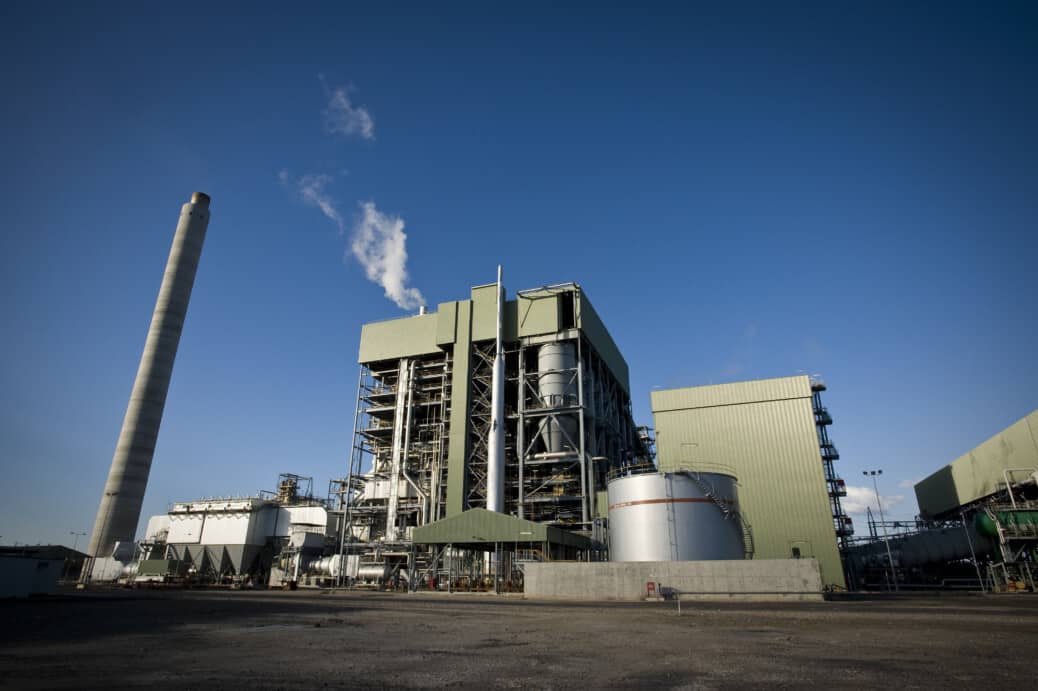September 29, 2023
Updated on 5/10:
MEU members at Kogan Power station have stood together and won better pay, conditions and certainty for the future.
CS Energy and the Queensland State Government met with bargaining reps and have agreed to most claims.
Gains include the introduction of a four-day work week, increased transparency into the use of labour hire, and the inclusion of energy transition protections in the agreement.
The new EA also includes a 4.5% raise in addition to the indexed increase, no caps on redundancy payments, and accommodation subsidies to employees who live within 80kms of the power station.
This agreement sets a new standard for workers in Queensland’s state owned power stations. Ahead of the stations closure in 2035, this EA is a guarantee of support and certainty for the workers of the station, as well as the community surrounding it.
Congratulations to the members and the Queensland District for a great result.
Workers at a Queensland power station are hopeful of a breakthrough in their quest for implementation of the state’s Energy Workers Charter after a week of industrial action.
MEU members at the Kogan Creek Power Station have been taking industrial action since Thursday 21 September. Kogan Creek is the largest single unit station in Queensland and generates approximately 10% of the state’s energy while also supplying power to much of Northern NSW.
Kogan Creek workers are seeking the inclusion of the Queensland Energy Workers Charter in their new enterprise agreement, as well as a dispute procedure relating to any matters the Energy Industry Council will hand down. They are also seeking greater transparency around the contracting of labour hire workers, and an end to caps on redundancy payments.
The plant is operated by the government-owned corporation CS Energy. The company is fiercely resisting the inclusion of the Workers Charter, despite being one of the original signatories. The Queensland Energy Workers Charter, the first of its kind in Australia, guarantees that the workers at government-owned corporations who are made redundant by the national energy transition will receive ongoing employment and sets the framework for how the Parties will work together to realise the benefits and mitigate the impacts of the energy transformation within the Queensland energy sector. These are critical elements that must be incorporated into any enterprise agreement otherwise it will not be enforceable by law. Government and Shareholding Ministers change and the MEU wont standby and leave our members vulnerable.
Signed in September 2022, the Charter was a celebrated as a win for workers in Queensland’s energy sector. It secured some certainty for their livelihoods and communities in the transition to a low emissions economy. It is especially significant to workers at state-owned power stations like Kogan Creek, whose 2035 closure date is fast approaching.
CS Energy claimed via press release to be negotiating with the union in good faith, and “made an offer that will provide employees with generous terms and conditions.”
As Kogan’s closure date approaches, it is now more important than ever that CS Energy don’t minimise their responsibility to workers through utilising labour hire contractors, whether to undercut their EAs or to attempt to avoid commitments under the Energy Workers Charter.
“The MEU will not stand by and let the state-owned assets become another victim of precarious employment and contracted out work which is to the detriment of young Queenslanders and regional communities’ future,” said Queensland District Vice-President Shane Brunker.
The outcome of the Kogan Creek industrial action is set to have significant implications for the Queensland energy sector, as it is likely to influence the upcoming negotiations for other state-owned power stations like Callide, and Tarong Power Station.
Implementation of the Queensland Energy Workers Charter into enterprise agreements would ensure a degree of certainty and security for workers and their communities ahead of what is expected to be a destabilizing decade.
“The State Government needs to decide if the Queensland Energy Workers’ Charter means something, or if it’s not worth the paper it’s written on,” said Shane Brunker.
Industrial action is currently suspended ahead of a meeting with the Queensland Government aiming to resolve the outstanding issues at Kogan Creek and ensure energy workers benefit from commitments made under the Charter.


